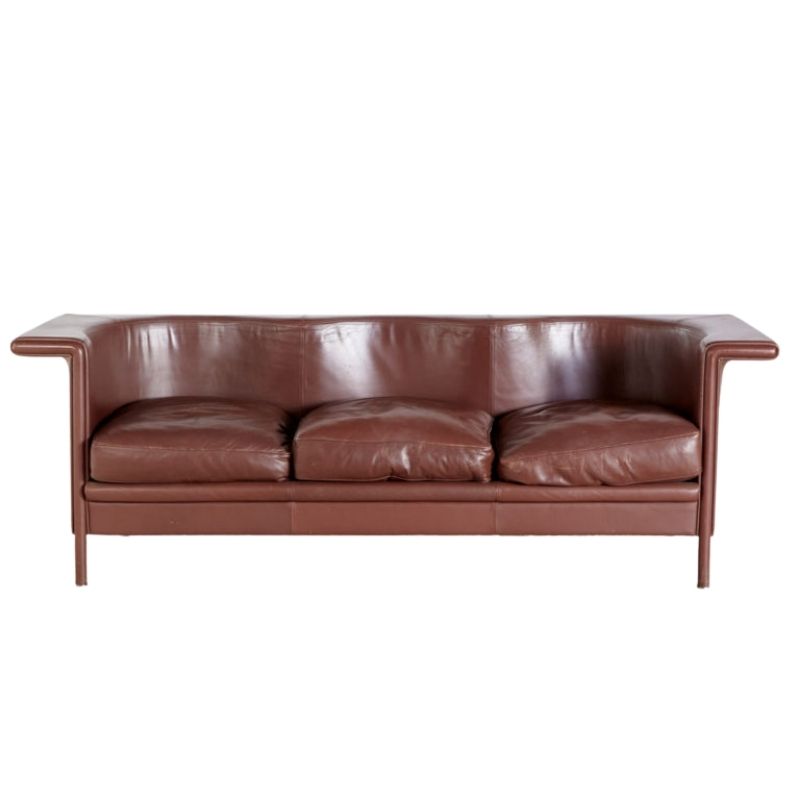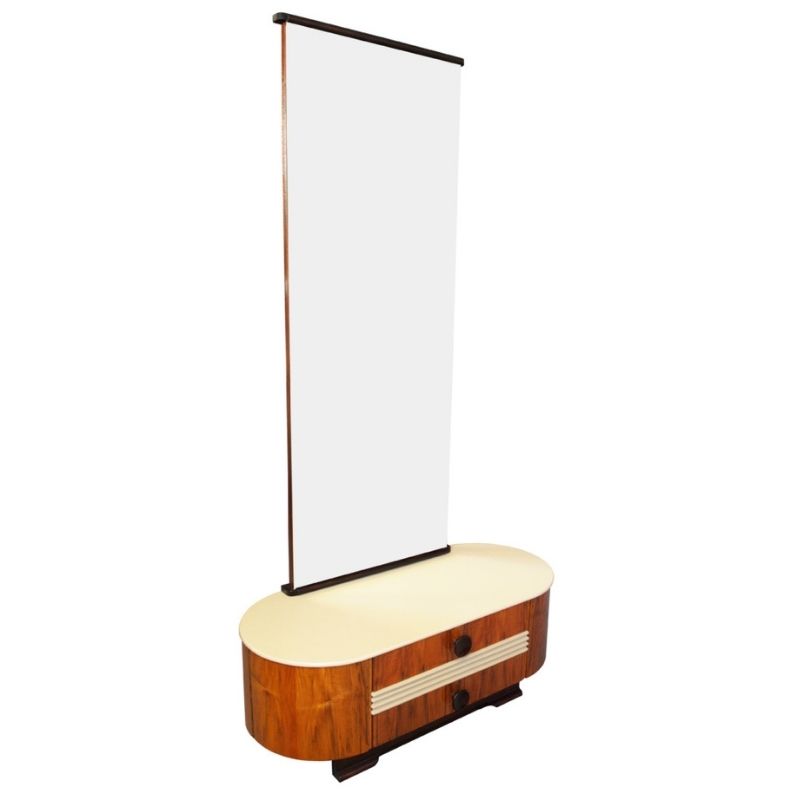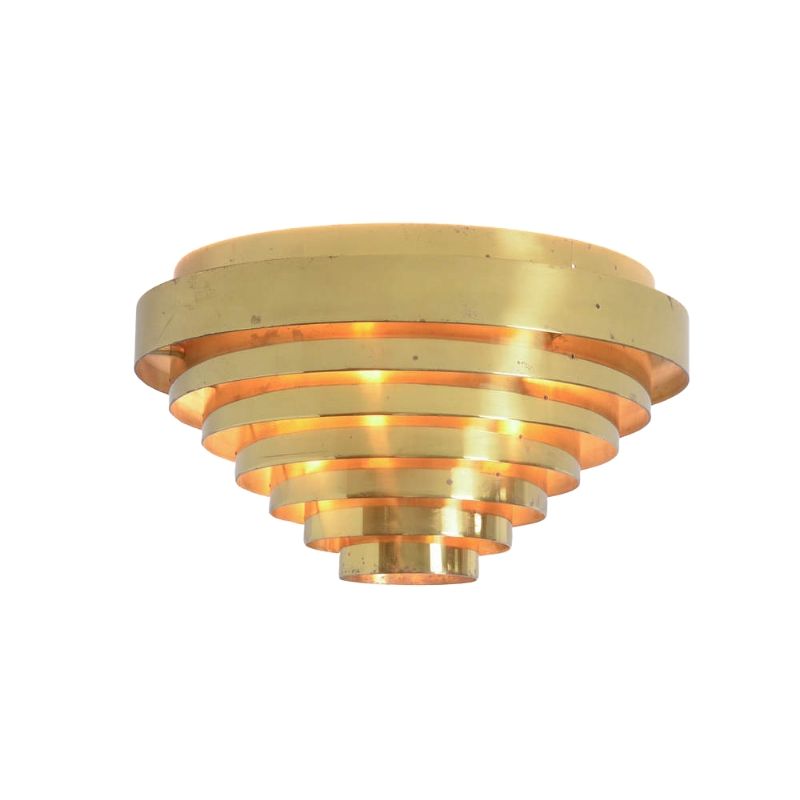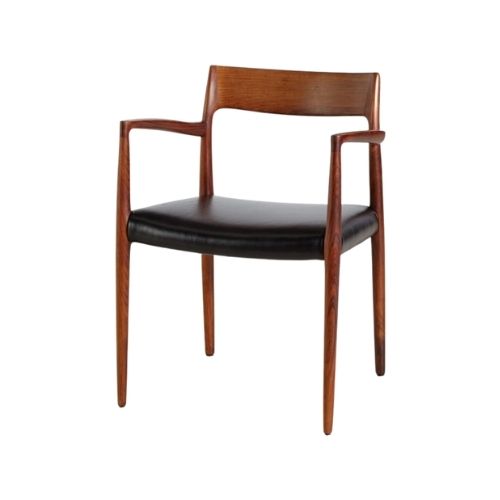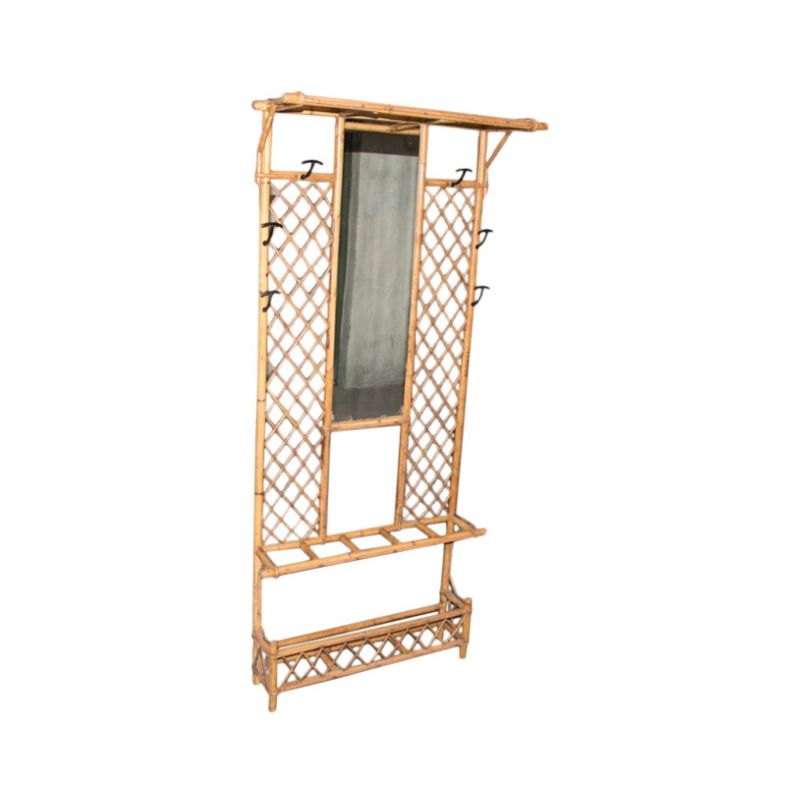I recently purchased a vintage Eames Lounge/Ottoman in rosewood that needs a little work. The biggest issue: failed shock mounts.
I know there are a TON of threads revolving around this topic, but I can't find a clear/clean answer. So:
1. has anyone replaced shock mounts with success?
2. if so, which replacement mount type did you use?
3. what kind of epoxy did you use to affix them?
I'm also curious if anyone has done any light restoration of the wood panels. Mine are in good shape, but need livening up. They're sort of dull and faded from age. I think this is a late 60's/early 70's model, as it has the round, silver Herman Miller Label on the bottom. So, not sure if they should be oiled or waxed, etc.
Any insight would be very appreciated. I hope this doesn't devolve into an ad-war between shock mount sellers and or a debate as to whether or not the failure of shock mounts constitutes a design failure. Just need practical help!
Thanks!
Care and maintenance
Check out this page from Herman Miller for the care and maintenance. I think the veneer has always been oiled (Herman Miller even sold them at first with a can of gunstock oil)... I can't help with the shock mount repair though. (If mine would (will) have this problem, I would rather have Herman Miller do the repair instead of trying to do it myself....
http://www.hermanmiller.com/content/dam/hermanmiller/documents/materials...
Go ahead and e-mail Hume.
When I needed to deal with shock mount replacement on mine years ago, Alfie was quite patient with me and generously forthcoming with what I feel was good advice. He may yet remain so disposed. I don't know. If I were faced with needing new ones, I'd likely buy his. Be advised, though, that replacing shock mounts, while not exactly rocket surgery, is not a job for those without a natural aptitude for and/or some experience with such things. Proper preparation of the glue surfaces and accurate registration and clamping pressure are perhaps the most important aspects of the job. Extra points are awarded for neatness.
Specific answers:
1. Yes
2. N/A (I reused the existing HM replacements that had come off clean at the glue-joint and remained in apparent as-new condition)
3. PC-7 (there are new epoxies to the market that I suspect may be superior for this application)
As far as refreshing your shells, it's as simple as giving them a good cleaning with either mineral spirits or naptha on a clean rag and applying some elbow grease followed by re-oiling with whichever brand of "Danish" oil finish you have on hand. If you have rough spots along some edges, don't try to sand them out. Just lightly sand any potential problem spots or rough areas with 400 grit or higher. Avoid going near the labels if they're important to you and don't ever get any solvents on leather.
I consider waxing over fully-cured oil finishes to be the easiest way of enhancing and evening sheen and providing additional protection. Periodic thin applications of a quality paste wax will lengthen the life of an oil finish, especially on high-wear surfaces. I always recommend it for furniture except on some chair seats where it can be too slippery, and never for tool handles.
If you need any help, please contact us at – info@designaddict.com





